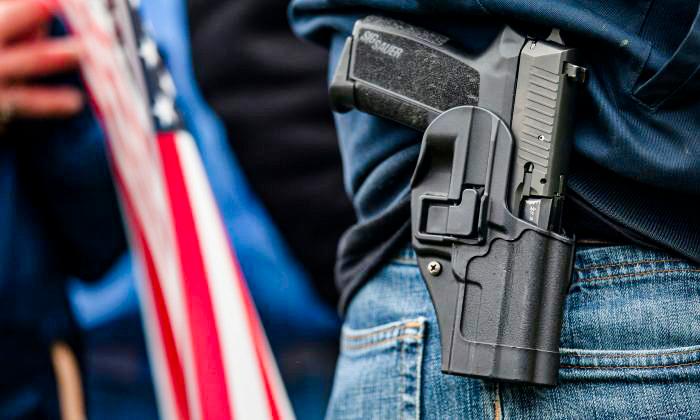A federal appeals court on Friday upheld Maryland’s rules for obtaining a handgun, rejecting gun-rights groups’ arguments that the permit process infringes on people’s Second Amendment rights.
In a 14–2 decision, the 4th U.S. Circuit Court of Appeals ruled that Maryland’s handgun qualification license (HQL) law—which requires submitting fingerprints, passing a background check, and completing four hours of training—is constitutional.





